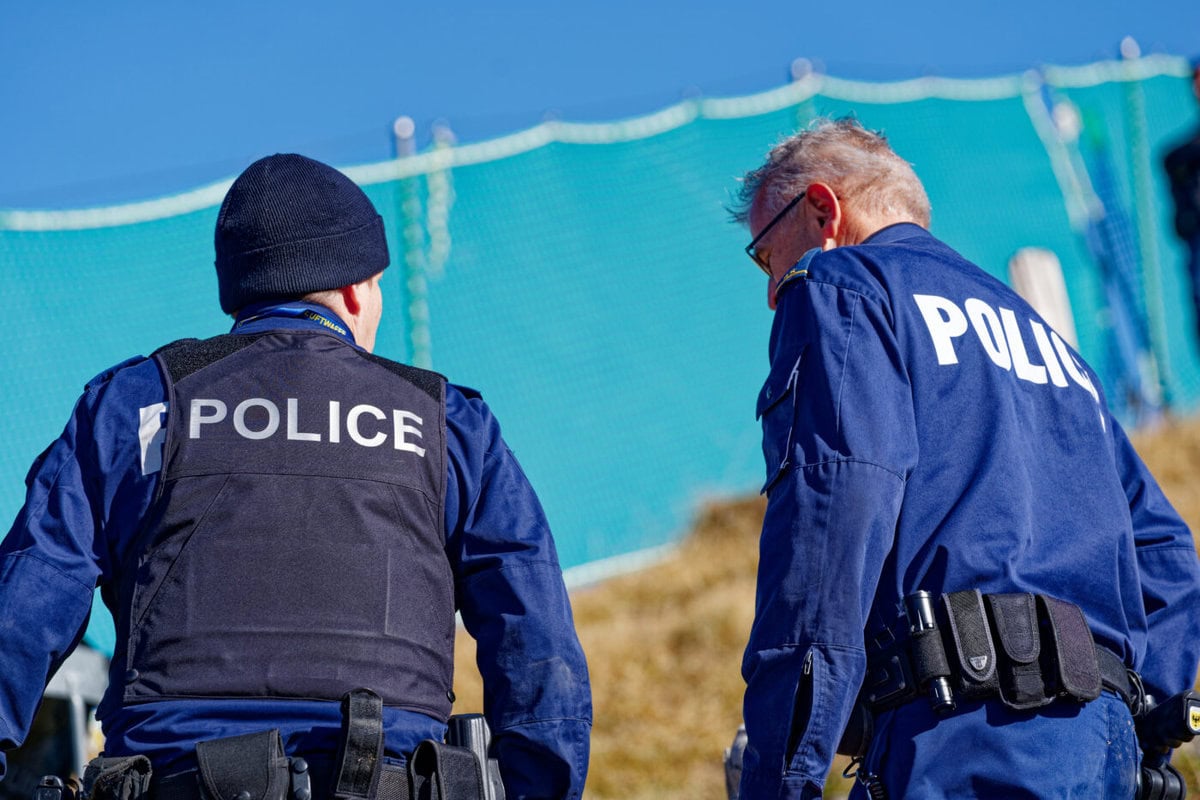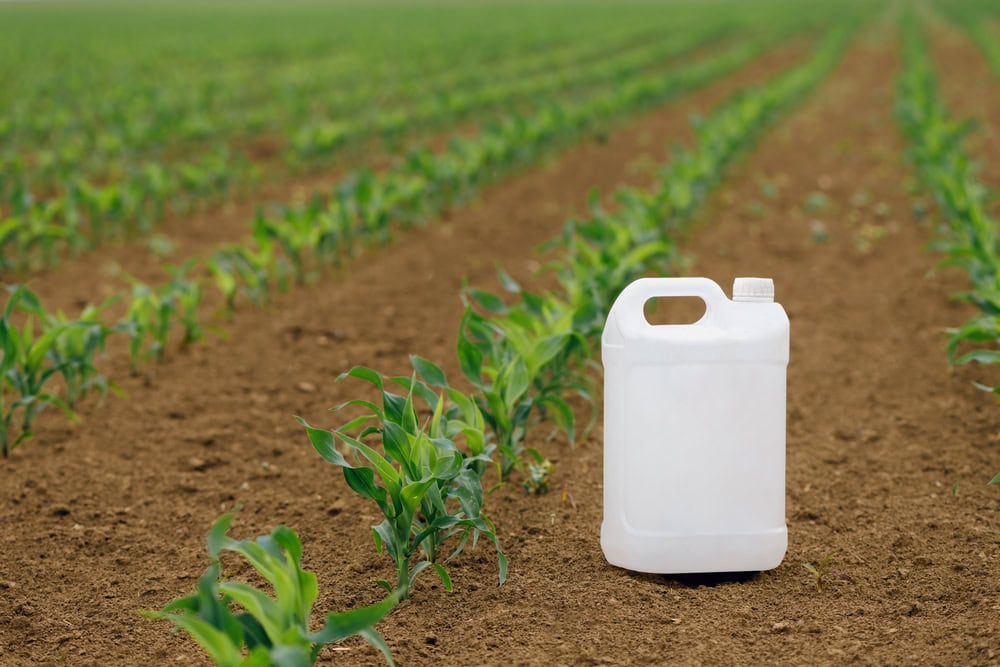Latest info on the coronavirus emergency
More and more cases of the new coronavirus (2019-nCoV) are being reported from China and other countries. The information on the site of the FOPH (Federal Office of Public Health) is constantly updated. With link to real-time map of disease cases.

The World Health Organization (WHO) declared a Public Health Emergency of International Concern on Thursday, January 30, 2020, in relation to the new coronavirus. The move is intended to strengthen international coordination, ensure transparent sharing of information and generate additional resources for preparedness and response. This is expected to slow transmission and mitigate the impact of the 2019 nCoV epidemic, according to WHO.
17,000 cases of disease and 362 deaths confirmed to date
According to the authorities, more than 17,000 cases of the disease have now been confirmed by laboratory tests. 362 patients have died so far, including one person outside China, in the Philippines. There is a high number of unreported cases: since not all of those infected have been tested, the real number of mild cases, severe cases and deaths is probably higher.
The outbreak probably originated in a market in the central Chinese city of Wuhan, where bats and other wild animals were traded in addition to fish. In addition to the city of Wuhan, 16 other major cities in Hubei Province have been sealed off since January 23, 2020. Road, train and air connections have been interrupted. In public areas, the wearing of masks is mandatory. Travel to and from these regions is currently only possible - if at all - with a special permit. It is still unclear how long these restrictions and regulations will apply. Outside of China, cases have been confirmed in 26 other countries. In Europe, reports have been received from France, Germany, Italy, the United Kingdom, Finland, Sweden, Spain, and Russia.
Current situation Switzerland
So far, the new coronavirus has not been detected in any of the samples examined. However, it is possible that cases may also occur in Switzerland. The situation is being closely monitored both in Switzerland and worldwide. The European Center for Disease Prevention and Control (ECDC) estimates the risk of introduction of the new coronavirus as high. The same applies to Switzerland.
Measures on entry will not be implemented based on the current assessment of the situation in Switzerland. The National reference center for emerging viral diseases (NAVI) in Geneva is capable of laboratory diagnostic detection of the new coronavirus. The FOPH is preparing with partners at all levels for a possible further spread of the diseases.
Recommendations for travelers
The WHO has not yet issued any travel restrictions. The FOPH advises against travel to Hubei province. The city of Wuhan and 16 other major cities in Hubei province have been under a large-scale lockdown since 23.01.2020. Road, train and Flight connections are interrupted and masks must be worn in public areas. Travel from or to these regions is currently only possible - if at all - with a special permit. It is still unclear how long these restrictions and regulations will apply. For travel to the other regions of China, the FOPH recommends:
- Good personal hygiene measures such as regular hand washing
- Sneeze or cough into a handkerchief, or if none is available, into the crook of the arm
- If possible, no contact with persons with respiratory problems
- Avoid large gatherings of people if possible
- Observe local directives and recommendations
- Returning travelers from China who develop respiratory problems or fever within 14 days after their return should - after prior telephone contact - consult a doctor. It is important to inform the doctor about the recent trip to China when calling.
Currently, there are no travel restrictions for other countries. Airports in Singapore, Hong Kong, Thailand, Taiwan and other cities in the Asian region have introduced screening measures for passengers from China. Increased surveillance measures can also be expected at other international airports (Europe, North America, Australia).
If you have been in China
In the 14 days after your departure from China:
- Wash your hands regularly with soap and water or a Hand disinfectant.
- Avoid going to places where there are many people, e.g. sporting events, public transport. Sensitive persons should protect themselves with a respiratory mask (protection duration approx. 3 h).
- If you develop symptoms of a respiratory infection (fever, cough, shortness of breath (see under "Frequently Asked Questions," question 3)), stay home, do not go out in public, and contact immediately, first by phone A health care professional or health care facility.
- As long as you have no symptoms, a diagnostic test is not necessary.
Infolines Coronavirus
For the population: 058 463 00 00 (Daily from 8 to 18)
For travelers: 058 464 44 88 (Daily from 8 a.m. to 6 p.m.)
Source and more info: BAG
Info of the WHO
Travel advice of the DFA
Real-time map of the disease cases from Johns Hopkins University.
Recommendations & tips from the editors
- Observe classic hygiene measures, such as correct hand washing with soap & water or touching (plastic) door handles only with paper towel.
- Avoid unnecessary handshaking, stress and train stations, public transport or airports. Sensitive persons protect themselves with a respiratory mask (protection duration approx. 3h).
- At Cold symptoms or illnesses you should stay at home (with prior medical consultation, see above) and under no circumstances put your work colleagues or customers in danger.
- Avoid any drug use, such as. Smoking, Alcohol, self purchased chemical medicines etc.
- Strengthen your immune system with walks in the fresh air, healthy diet & water, enough sleep and with properly dosed nutritional supplements according to reputable alternative practitioner or nutritionist recommendations.









